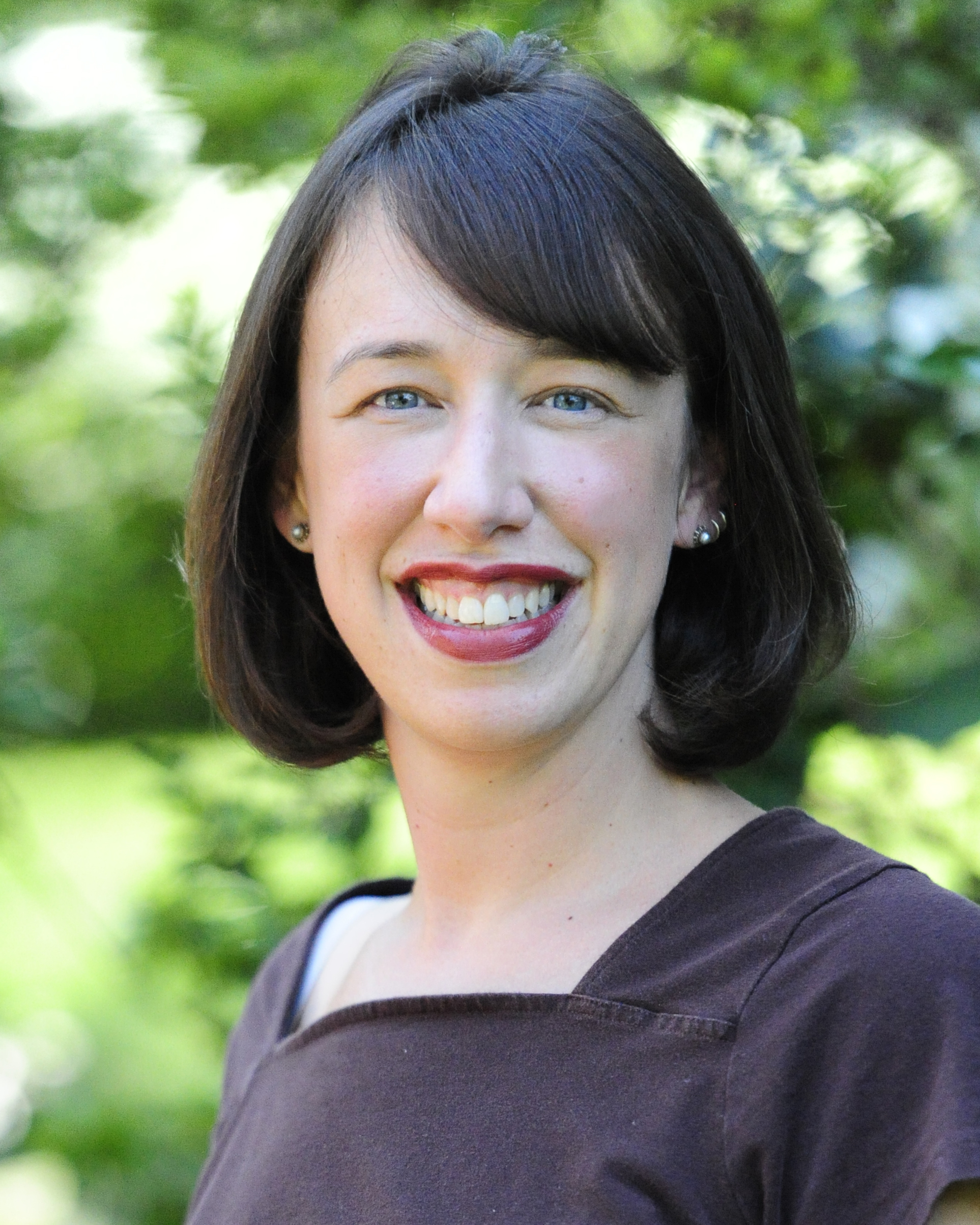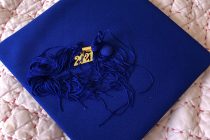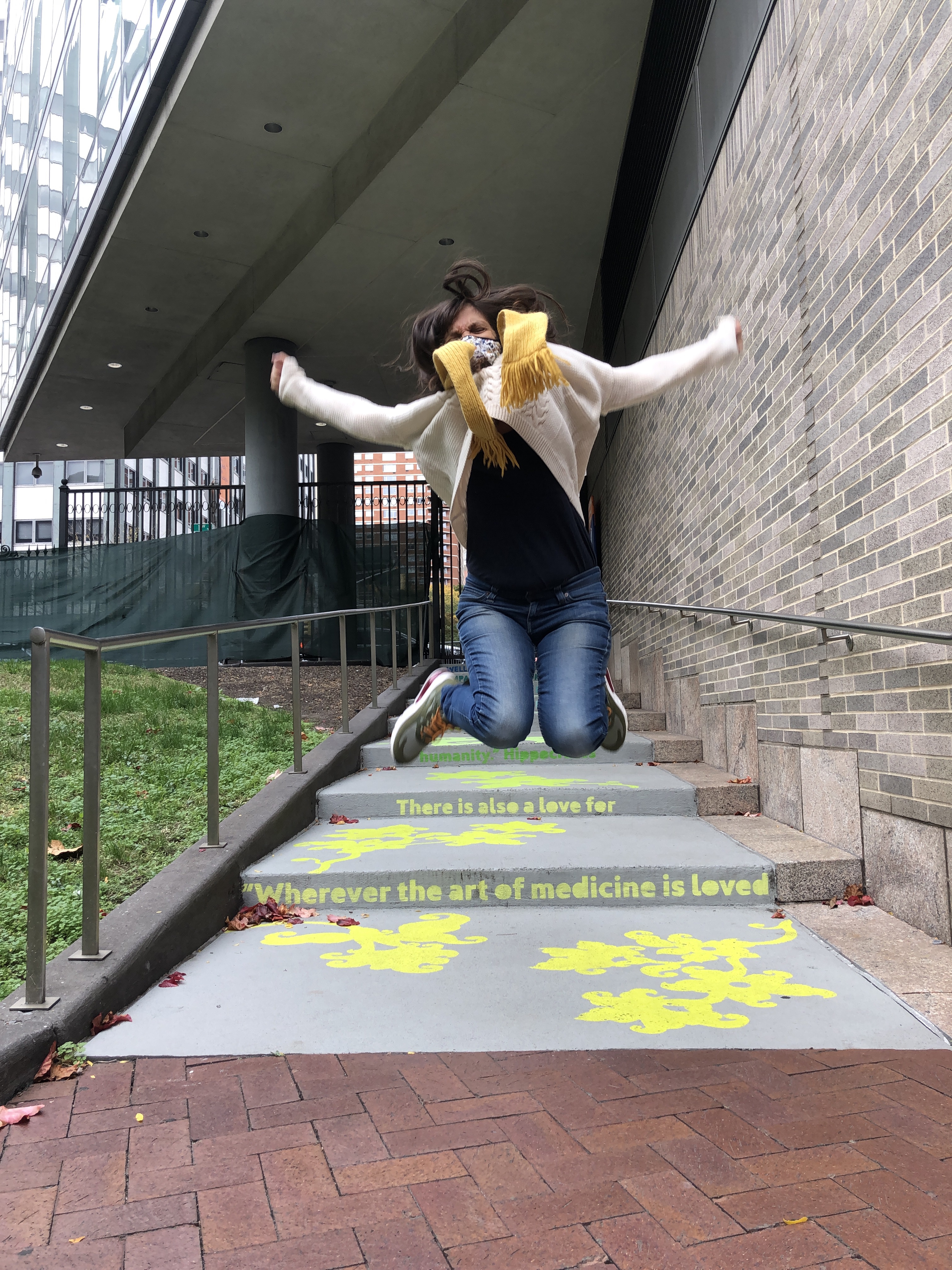Entre Nous: An Interview with Jennifer Mathieu
by
Marcelle Karp
Moxie was the book that opened the gateway, of me becoming smitten with Jennifer Mathieu. Moxie is about a high school feminist, Viv Carter recognizing the system is skewed and in response, starts a zine; oh how it spoke to me, that voice, crystal clear, the one that said to me, “I know you.” Plus, you know, I do appreciate a double entendre in a title. And, oh, Amy Poehler optioned Moxie, it’s going to be a movie streaming in your hands soon. I knew that the woman behind that girl was someone I wanted to know, and so I reached out to Jennifer, via the socials; she was (still is) as generous in email as she is in her writing, reminding me of us meeting, in that idyllic decade, the nineties, when I came to her town, to do a book reading, which she was a part of! I’m thrilled to share with you our conversation, as her latest novel, The Liars of Mariposa Island releases this week.

So we’ve met before…
I was just thinking about when you came to Chicago when that BUST book came out and you came to Barbara’s bookstore. That was like, what? Was that 1999 or something?
Yes, the BUST Guide to the New Girl Order, which I co-wrote, came out August of 1999. I did a little book tour, came to Chicago, did a reading or two.
And I met you then. My essay wasn’t in the BUST book but it had been in an issue of BUST about yeast infections and I read it. I read it and Cynthia Plastercaster was there because she was in the book and you read as well. I just thought you were like so cool.
I need to dig through my archives and find that article!
I just think it’s so bizarre how the world works. It’s so funny how after all these years…I’m so jazzed to talk to you, that’s what I wanted to say.
And I’m so jazzed to talk to you. Reading Moxie, it took me back, to the girl I was starting my own little zine. BUST for me is Viv’s Moxie.
Oh I know, I know. I think with zines especially, in the non-internet era, it just made felt so exciting to find one because it was harder to get, it was harder to gain access to any kind of alternative culture. In addition to writing, I teach high school; I’m really glad that trans kids in Texas are finding each other online, you know? That means because of the internet, they don’t feel as alone as they would have twenty years ago. I see the advantages of it. But then there is that part of me that remembers that time when you just had to look a little harder and then I think it made it more special.
In Moxie, Viv Carter is this feminist fireball, heralding change in the system. Do you see a feminist spirit amongst the students you teach?
I’m the sponsor of the feminist club at my school! I was so excited for the officers—the young women who were leading the club—because one of the things that they were frustrated with at our school, rightly so, was the dress code. All the stuff that happens in Moxie, I’ve either seen it happen, it happened to me when I was in high school in the nineties or I’ve seen it happening at the schools where I’ve taught. My school was nowhere as near as bad as the situation in the book, but there were still unfair dress coding going on: The girls penalized more than the boys, the girls of color penalized more than the white girls. And so the feminist club officers drafted a proposal and they wrote a reconstructed dress code. They pitched the principal—who is a guy who I think wants to learn and do better—and he met with them. He promised he would begin conversations with the administration to implement changes and that was all them. I’m their sponsor, I gave them encouragement but ultimately it had to come from them and they did it. It’s really exciting to be around young people, especially young women, as they harness their power. It gives you something to hang onto in the middle of this nightmare we find ourselves in.

You have a true gift of threading feminism with teen culture and a teenager’s spirit. How do you do that? I’m asking for a friend.
I think that the best way to engage young women in feminism is to meet them where they are and not be preachy about it. I didn’t want to hear some second wave feminist telling me “You don’t know how good you have it,” you know what I mean? This is why I loved BUST so much when I was younger; I remember reading Manifesta by Amy Richards and Jennifer Baumgardner and being like “yes, yes!” I want to be hearing what they’re concerned about. When you’re looking at that next generation coming up, you have to be open to them, you have to allow them to have their feelings, their thoughts, their experiences and meet them where they’re at. Share your own experiences in a way that’s not preachy, just talk about what you’ve been through, talk about what your hopes are for the future, your struggles, how they may connect to their struggles. I have found that the young women in my feminist club, when you approach them seriously, they are hungry for conversation with older women. They want to talk to you as soon as they realize, “Oh, this is somebody I can be real with, that’s not going to talk down to me.” They actually want to talk to you, in the same way that I wanted to hear what Gloria Steinem had to say because I never felt like she was talking down to us. I don’t want the young feminists of today to just spend their time being grateful for things that we did; I want them to make it even better for themselves. So I think it’s all about how you approach them.
So the mother in The Liars of Mariposa Island, one of the main characters in your new book, was a Cuban immigrant held captive in the “fishbowl.” In your Acknowledgments, you explain how your own mother experienced the “glass wall of la pecera.”
My mother is Cuban immigrant; she came here when she was 11 years old after the Cuban revolution. It was of course very traumatic for her. She’s the oldest of four girls and so she and the next oldest sister —who was nine at the time—were put on a boat. They didn’t leave by plane, they were put on a boat and they went in the fishbowl. My mother talks about looking at her parents on the other side of the fishbowl and writing notes to each other on a piece of paper and holding it up to a glass wall. I mean, when my Cuban grandparents put her on that boat, there was no real guarantee that they would ever see her again. Fortunately, they did but there was no certainty. And not long after that, Castro made it so that you couldn’t leave the island. It’s pretty bizarre to think about how that is one generation removed from my life.
Who was waiting for them here?
My grandmothers cousin who had fled earlier was able to take them in. She didn’t see her mother and her two little sisters for a year and then she didn’t see her father for another year.
How long before they were all reunited?
It was two years until the family was completely together. This was a trauma on my mother at a young age. I believe family trauma is something that gets past down unless you think about it and you deal with it. I had wanted to explore that. The mom in the book is not my mother but I was just kind of curious to explore how an event like that could then affect the next generation.
And in your Author’s Note, you cite the inspiration for the book, an episode of This American Life, “Yes, There Is A Baby,” originally airing on January 2001.
That’s where the seed of the plot comes from. It is about a brother and a sister and their abusive mother. I thought how can I explain that mother’s trauma? Why is this mother the way she is? And that’s when I thought of including the Cuban angle.
Do you ever consider writing a sequel to one of your novels?
Even though I love all my characters, I have not ever been a writer who has wanted to write a sequel. I just feel like I’m done with this one little universe and I want to explore another one. That’s not to say that I wouldn’t write one eventually one day. I can tell you the book that I’m working on now, that will come out after Liars, it’s due to come out in 2021. It’s going to be called Bad Girls Never Say Die and it’s an homage to The Outsiders [by S.E. Hinton.] I’ve taught that book a million time, I read it when I was young and of course I saw the movie a hundred times. To see Rob Lowe getting out of the shower…
Oh my, Rob Lowe is on my TV set right now as you just said that.
Oh my God, that’s so weird. Is he naked? Is he getting out of the shower?
No sadly. It’s an Atkins commercial.
That’s so weird, I can’t believe I just said that and he came out on the television.
And by the way, I’m not multi-tasking. I just had the television on, no volume, while we speak and I literally looked up and there he was.
Just as I said that. The universe. So bizarre. But so. I was obsessed of course with the book and the movie but the thing that used to bum me out was there was one girl character Cherry Valance and the Greaser Girl. There’s just this passing reference to the tough girls as being undesirable and too loud and they wear eye make up. That was the one part of the book that used to irritate me, that there was humanity given to all these other characters except for these bad girls. So this book I think it will be very Moxie in spirit in that it’s going to be about a band of girls from the wrong side of the tracks and I’m setting it in Houston 1964. There’s going to be a friendship that develops between the girls from the upper class and the girls from the more working class part of Houston. There’s going to be murder and there’s going to be a lot of drama. My hope that it kind of captures the same spirit as Moxie girls, coming together and supporting each other especially in the early 60s, a world that told them they had no value beyond just a few basic things.
What is your writing process?
I’m pretty disciplined and compartmentalized about things. I have been teaching for a long time; it’s going to be my fifteen year in the classroom. I still challenge myself to be creative and exciting with my lessons. I know what I’m doing at this point in my career. I’m very focused at school to be doing my school stuff and then I get home and I try to unplug, and have time with my family. It certainly is a easier now that my boy is nine. I do give a shout out to my husband, he is a feminist also and he is a hands-on parent. So most of my books I’ve written between 8 and 9:30 at night. I just do a little bit every single day and pretty soon if you write 500-700 words a night, 4 or 5 nights a week you will get a draft. I also try to give myself the freedom to not feel like the first draft has to be perfect.

That’s a really great rhythm.
If I hadn’t become a teacher I probably wouldn’t be writing for teenagers today so the jobs are every linked in my mind. The best compliment I ever had was this one student of mine come up to me, she read my very first book, It’s About Alice, and she said, “You just got it right.” I hadn’t written a false teenage voice. I keep it real because that’s how they really talk. I’m just a big believer in authentic dialogue. Being around teenagers has helped me definitely keep a real voice in my book.

Photo by Pablo Gamez
***
Follow Jennifer Mathieu on Instagram!
Follow Jennifer Mathieu on Twitter!
Read all of Jennifer Mathieu’s books!









0 Comments